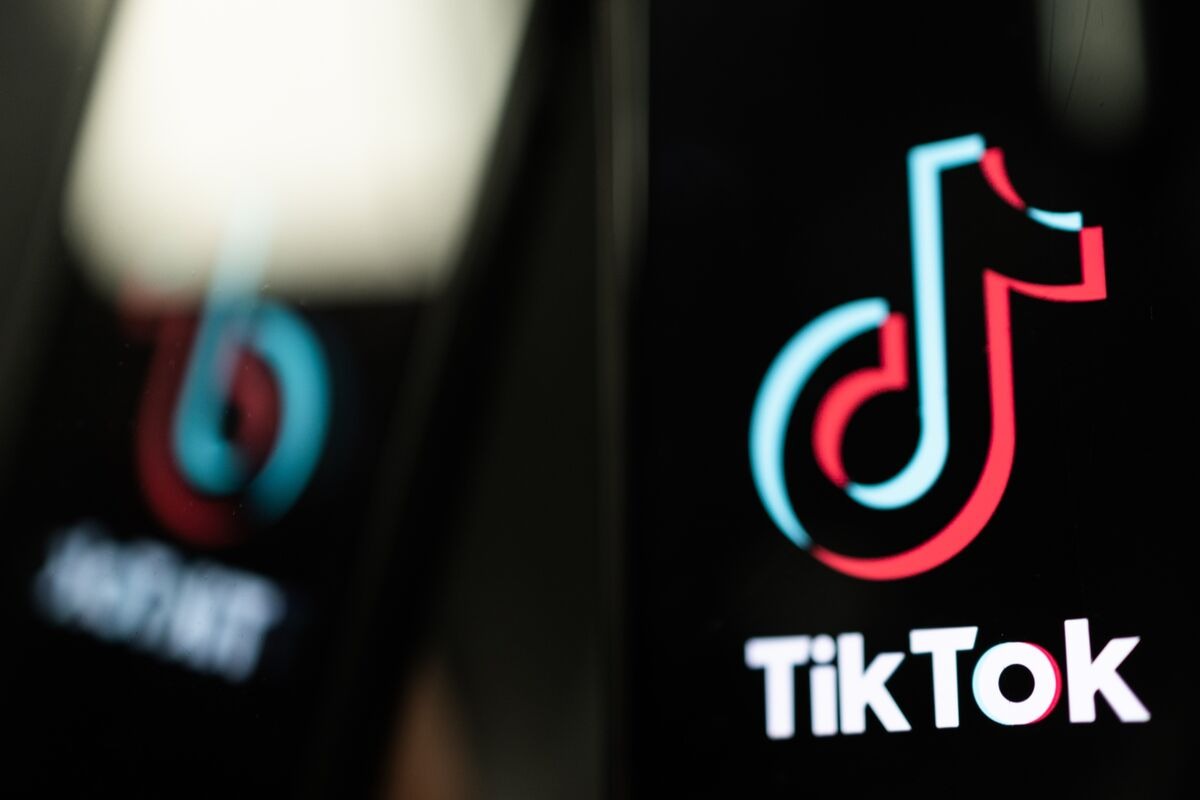The “Protecting Americans from Foreign Adversary Controlled Applications Act,” introduced by Republican House China committee chair Mike Gallagher, Ranking Member Raja Krishnamoorthi (D-IL), and 17 lawmakers, categorizes TikTok as controlled by a foreign adversary and a national security threat.
If the bill becomes law, ByteDance would have 165 days to divest TikTok to prevent a ban on the app. Gallagher emphasized the need for TikTok to sever ties with the Chinese Communist Party or face losing access to American users.
Additionally, the bill would mandate that TikTok and similar apps provide users with their data in a format that can be transferred to other apps. It would also create a framework for banning other “foreign adversary-controlled” apps that the Biden administration deems national security risks.

TikTok (Credits: Reuters)
TikTok responded by accusing the bill of being a disguised ban on the app that would violate the First Amendment rights of 170 million Americans and harm 5 million small businesses that rely on the platform for growth and job creation.
TikTok’s alleged connections with Beijing have led to bans by government agencies in the US and other countries. Previous attempts to ban TikTok in the US have failed, including former President Trump’s efforts to force ByteDance to sell TikTok to a US company in 2020.
President Biden made a similar attempt last year, and Montana was set to implement its own ban until a judge blocked it, citing violations of users’ free speech rights.
The American Civil Liberties Union has also raised concerns about the bill’s impact on free speech, stating that while sponsors claim it’s not about suppressing speech, the ban would effectively do just that.
Despite the controversies and security concerns, TikTok was the fastest-growing social media platform in the US in January, with YouTube remaining the most popular platform overall.























